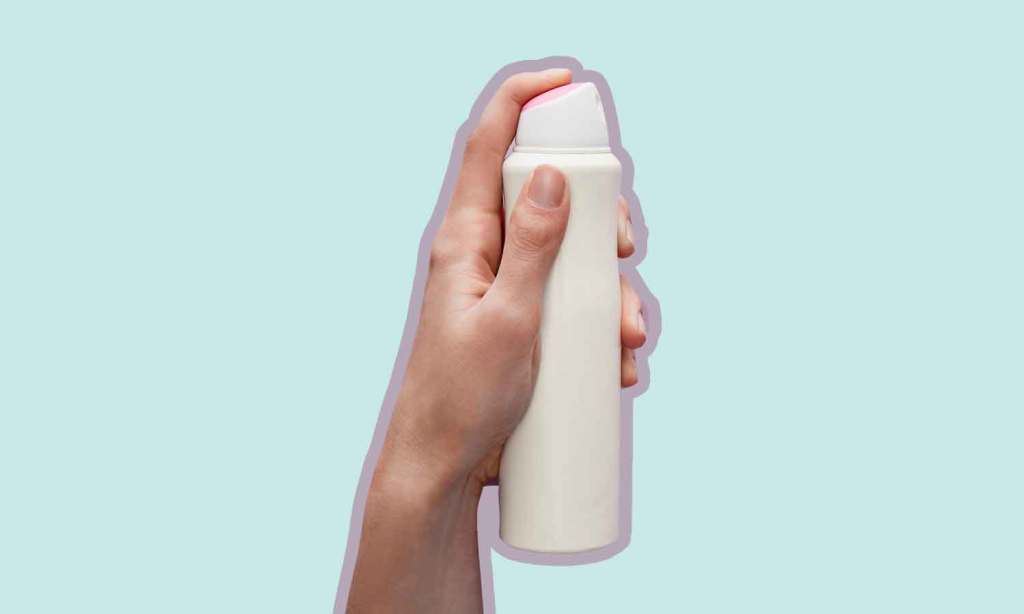Body odour is an unpleasant, but unavoidable, part of life. It occurs when the bacteria living on your skin breaks down the protein in sweat and in turn, causes the smell. The most common solution to masking the odour or simply stopping the sweat that causes the odour is through the use of deodorant and antiperspirant.
According to Science Daily, most commercial antiperspirants use materials like aluminium to clog sweat ducts and reduce odour. While there’s currently no scientific research that points to this as causing any health issues, you are using metallic salts to clog your body’s pores.
In an attempt to create a more natural solution, researchers looked at ways they could use sweat against itself by drawing the water out of sweat and leaving behind a salt blockage that would stop the flow. What sounds like a fairly novel idea actually proved to be quite effective.
In order to stimulate a sweat duct in their study, researchers slowly pushed an artificial sweat solution through a thin glass tube and followed it up with a polymer cube covered in propylene glycol, which, according to Healthline is “a synthetic, colourless, odourless, tasteless liquid that belongs to the same chemical class as alcohol”.
The solution bubbled before forming a gel-like plug that sealed within two minutes. When this same test was conducted without the use of propylene glycol, the plug didn’t form and the sweat solution ran along the tube.
While the glass tubes used by researchers were 3.3 times wider than that of a human’s sweat ducts, this simulation suggests that a similar effect could occur with human skin. The researchers believe that applying a propylene glycol film on the skin would also result in dehydrated salts and in turn, the formation of a plug or barrier to stop sweat.
While promising, this research still needs to be carried out with human trials in order to compare the comfort and effectiveness of the film made by the propylene glycol versus traditional antiperspirants. Something to look forward to!







